After the fight for humanitarian aid, a weekend of violence, it is time for reflection. And Plan B. as opposition leader and self-proclaimed president Juan Guaido will be meeting regional members of the Lima Group in Colombia’s capital, Bogotá, today, Monday.
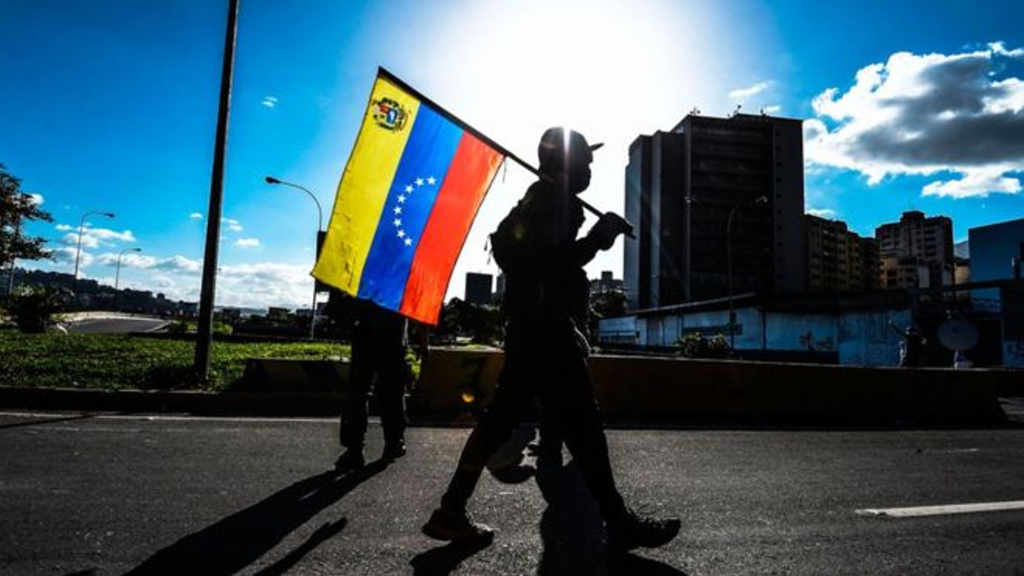
United States Vice-President Mike Pence is also taking part to discuss the crisis in Venezuela. The Trump administration has been a big backer of Guaido since he declared himself interim president on January 23.
Juan Guaido has said that after Saturday’s events, he has decided to formally ask the international community to keep all options on the table, while the United States Secretary of State Mike Pompeo tweeted over the weekend that America would “take action against those who oppose the peaceful restoration of democracy in Venezuela”.
Read between the lines, and military intervention, something that US President Donald Trump said he would not rule out, is clearly being left as a form of “action”.
Many Venezuelans are preparing or are prepared for military intervention, “anything to end the hardships” they face daily.
Interviews with locals by foreign correspondents repeat the same, “the U.S. needs to get involved in bringing the presidency of President Maduro to an end” despite fears from many that it could do more harm than good.
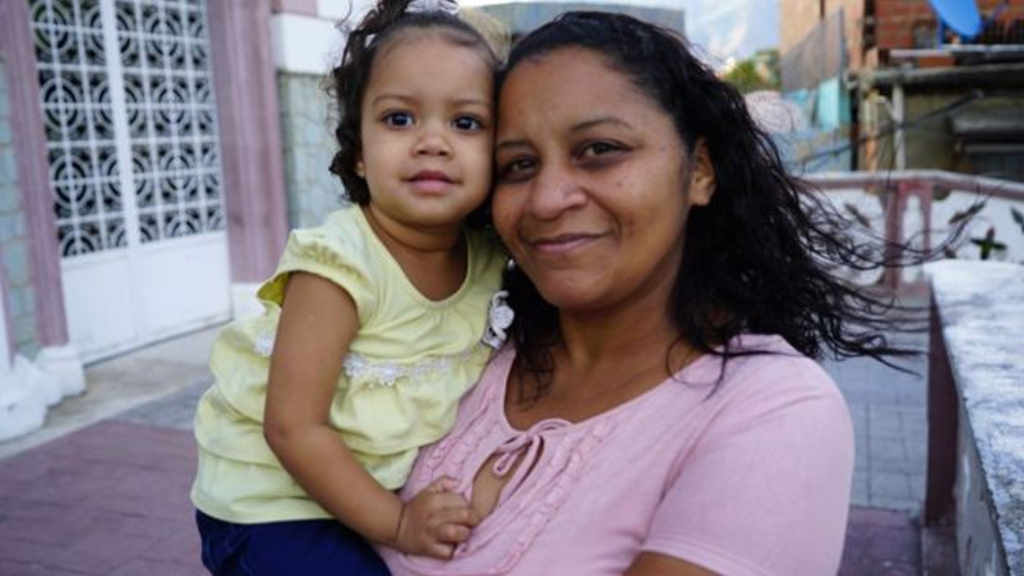
“This weekend was a great injustice,” said Keddy Moreno, who lives in Venezuela’s biggest slum, Petare, a neighborhood of the capital, Caracas, of the government’s efforts to block the aid coming in. “But it could have been worse. It gives us more encouragement that things can change.”
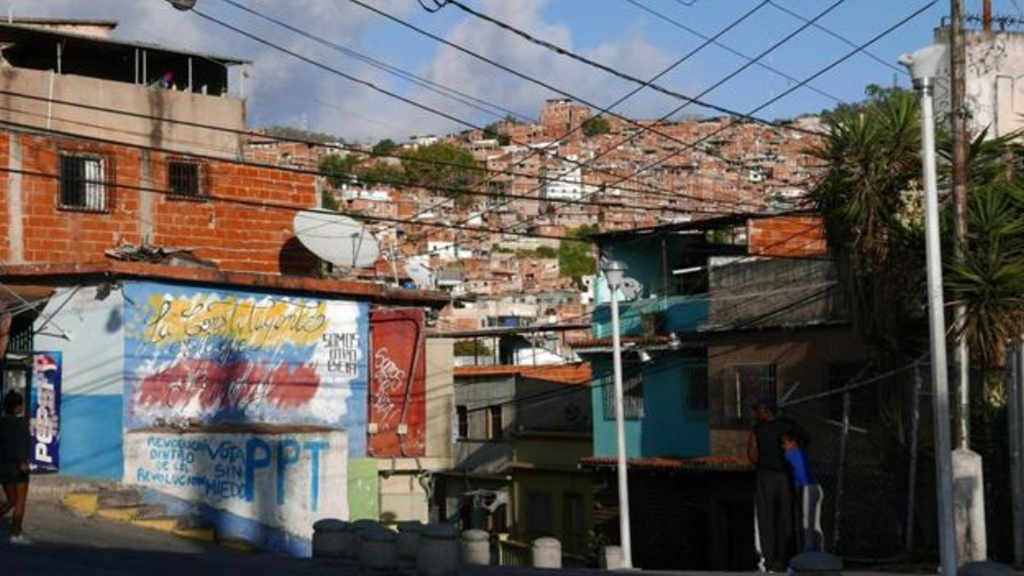
“They are always being interventionist,” Petroleum engineer Renni Pavolini told the BBC, giving the past examples of Vietnam, Iraq and Cuba. “But if that intervention will make a big change for this country, I think it’s a good thing.”
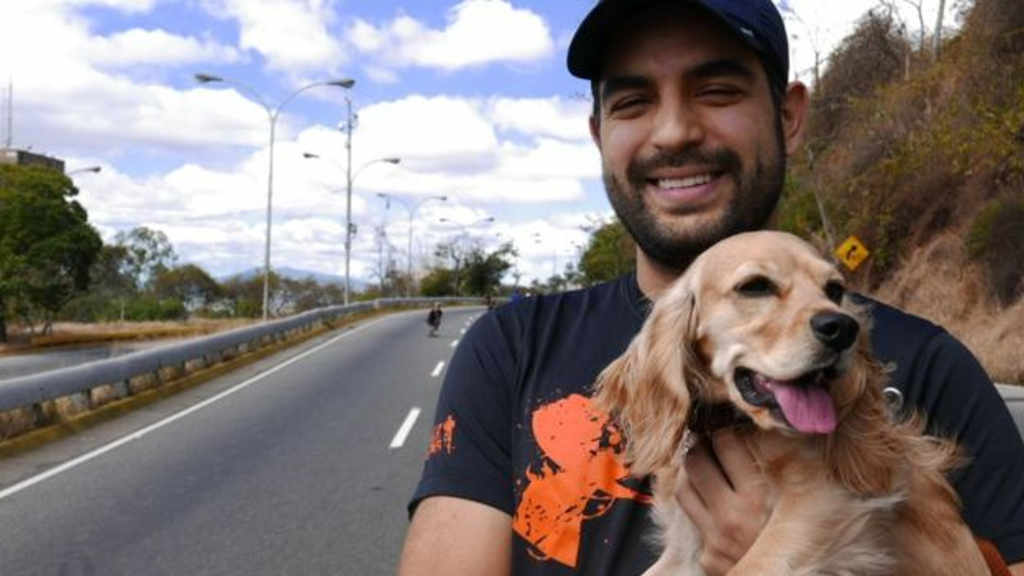
“Venezuelans keep on betting on the possibility of a peaceful way out of this, but the nature of the Maduro government makes it very difficult for a peaceful way out,” said Margarita Lopez Maya, a professor at the Central University of Caracas, adding that a peaceful solution to current hostilities is “very difficult”.
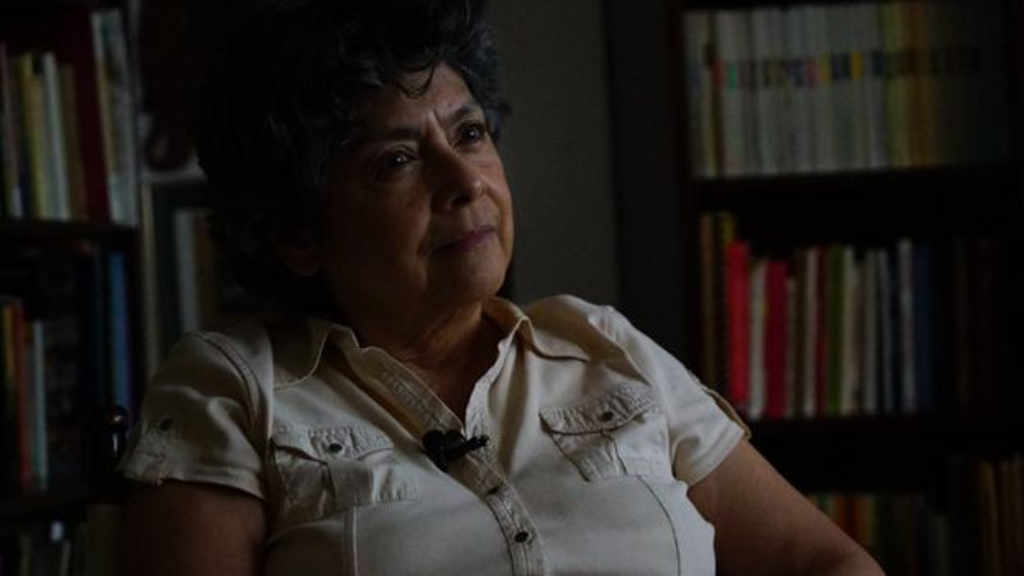
But people on both sides of the political argument fear military intervention.
“I think it would devastate an already dilapidated infrastructure, it would create divisions within the international community, it would raise questions about the legitimacy of the new Venezuelan authorities, it would set an awful precedent for the region,” says Benjamin Gedan of the Wilson Center in Washington and former South America director on the National Security Council.
For Gedan, what awaits Maduro is a fading loyalty. “Does he still have the money to distribute to the elites?” he asks. “It’s not ideological loyalty anymore, it’s shared impunity and it’s bribery. Once that money disappears, so too will the loyalty.”
With reports by Katy Watson, for the BBC, in Petare, Venezuela













